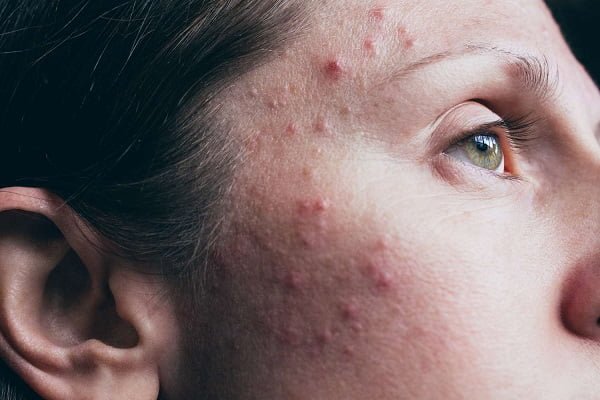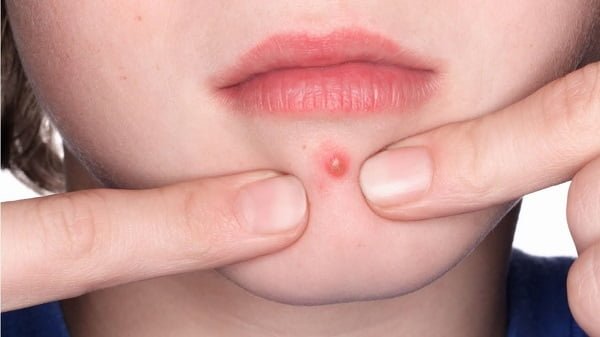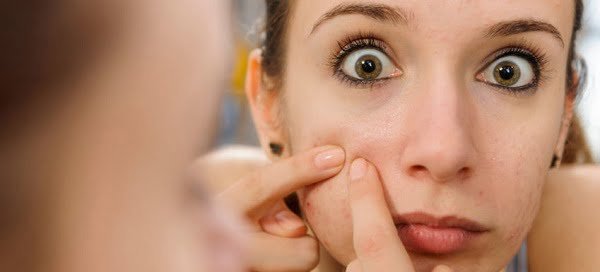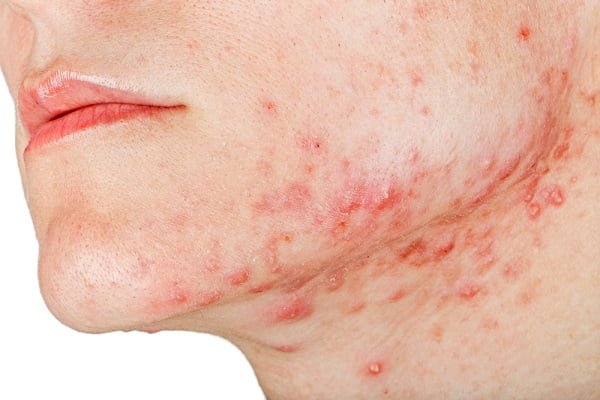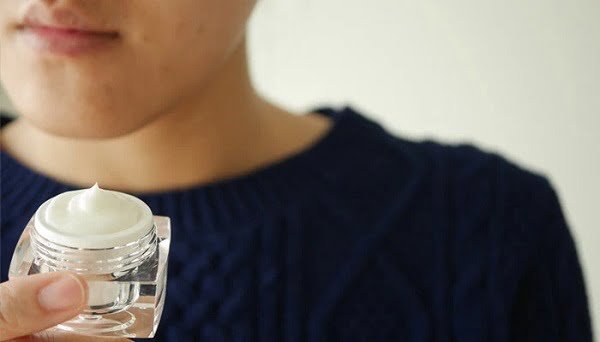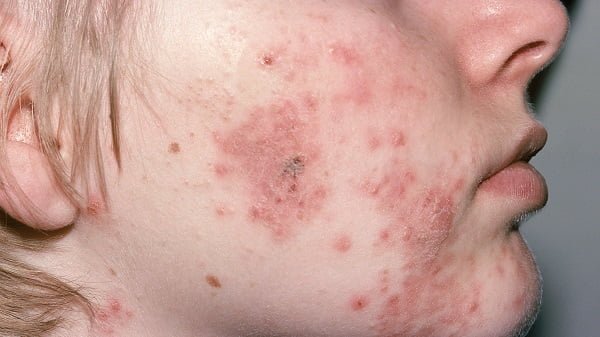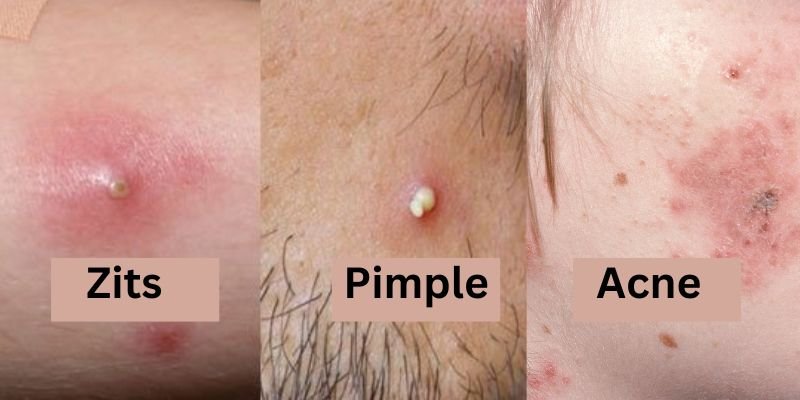Introduction
Acne is a common skin condition that affects millions of people worldwide. It’s characterized by pimples, blackheads, and whiteheads, often causing distress and affecting self-esteem. One of the most common questions surrounding acne is whether it’s contagious. Can being around someone with acne actually give you acne? Let’s delve into this question, separating fact from fiction.
Understanding Acne:
Before we address the contagiousness of acne, it’s crucial to understand what causes it. Acne typically occurs when hair follicles become clogged with oil and dead skin cells. This can result from various factors, including hormonal changes, genetics, certain medications, and lifestyle habits.
Dispelling the Myth:
Contrary to popular belief, acne is not contagious. You can’t “catch” acne from someone else by touching them, sharing personal items, or being in close proximity to them. Acne develops primarily due to internal factors, such as hormonal fluctuations and genetics, rather than external contagions. Spread of acne across same person if popped is different topic.
Factors Contributing to Acne Development:
While being in contact with someone with acne won’t give you acne, certain factors can exacerbate your own acne or trigger flare-ups:
Genetics: Family history plays a significant role in predisposing individuals to acne. If your parents or siblings have acne, you’re more likely to develop it too.
Hormonal Changes: Fluctuations in hormones, particularly during puberty, menstruation, pregnancy, and menopause, can contribute to the development of acne.
Skincare Products: Using comedogenic or pore-clogging skincare products can worsen acne or cause new breakouts.
Diet: While the link between diet and acne isn’t fully understood, some studies suggest that certain foods, such as dairy and high-glycemic-index foods, may exacerbate acne in some individuals.
Stress: Stress can trigger hormonal changes that lead to increased oil production and acne flare-ups.
Preventive Measures:
While you can’t “catch” acne from someone else, practicing good skincare habits can help prevent and manage acne:
Keep Your Skin Clean: Wash your face twice daily with a gentle cleanser to remove excess oil, dirt, and impurities.
Use Non-comedogenic Products: Choose skincare and makeup products labeled as non-comedogenic, meaning they won’t clog pores.
Maintain a Healthy Lifestyle: Eat a balanced diet, stay hydrated, get enough sleep, and manage stress levels to promote overall skin health.
Avoid Touching Your Face: Touching your face can transfer bacteria and oil, potentially leading to breakouts.
Conclusion:
In conclusion, acne is not contagious, and you can’t get acne from being around someone who has it. While external factors like skincare products and lifestyle habits can influence acne development, it primarily stems from internal factors like genetics and hormonal changes. By understanding the factors contributing to acne and adopting preventive measures, you can effectively manage and improve your skin health. Remember, acne is a common and treatable condition, and seeking professional advice from a dermatologist can help you find the best treatment plan for your skin.
Faq related to "Can someone with acne give you acne"
No, acne is not contagious. You cannot “catch” acne from someone else through physical contact, sharing personal items, or being in close proximity to them. Acne develops primarily due to internal factors such as hormonal changes and genetics, rather than external contagions.
Contrary to popular belief, acne is not solely caused by poor hygiene. While keeping your skin clean is important for overall skin health, acne is primarily influenced by internal factors such as hormonal fluctuations, genetics, and lifestyle habits. Over-cleansing or harsh scrubbing can actually exacerbate acne by irritating the skin.
Acne is not transmitted through sharing towels, pillows, or makeup. While it’s important to practice good hygiene and avoid sharing personal items to prevent the spread of certain infections, acne is not caused by bacteria or viruses that can be easily transmitted in this manner.
Touching someone’s face with acne will not directly worsen your own acne. However, touching your own face or someone else’s acne-prone skin can transfer bacteria and oils, potentially leading to breakouts or exacerbating existing acne. It’s best to avoid touching your face and practice good hand hygiene to minimize the risk of spreading bacteria.
While the relationship between diet and acne is complex and not fully understood, some studies suggest that certain foods may exacerbate acne in some individuals. High-glycemic-index foods, dairy products, and foods rich in saturated fats have been implicated in acne development in some studies. However, the impact of diet on acne can vary from person to person, and more research is needed to fully understand this relationship.
To prevent acne flare-ups, it’s essential to adopt good skincare habits and maintain a healthy lifestyle. This includes washing your face twice daily with a gentle cleanser, using non-comedogenic skincare products, eating a balanced diet, staying hydrated, getting enough sleep, managing stress levels, and avoiding touching your face. Additionally, seeking professional advice from a dermatologist can help you develop a personalized treatment plan tailored to your skin type and concerns.

